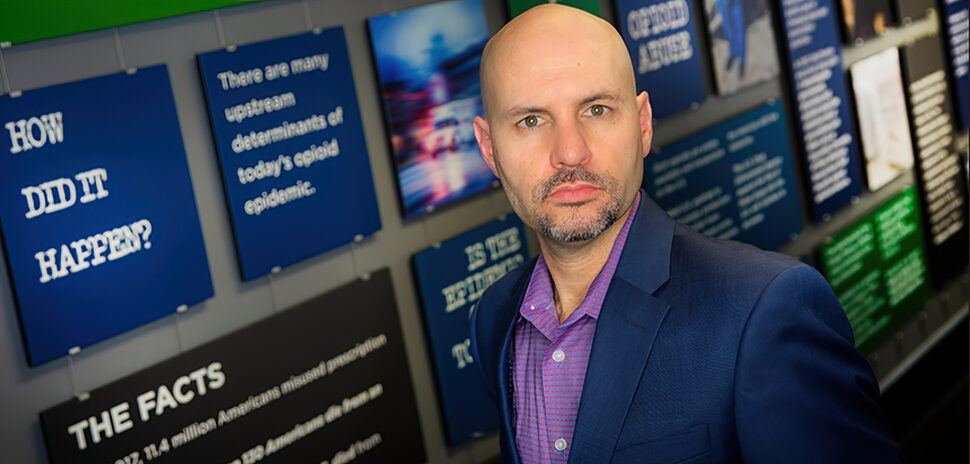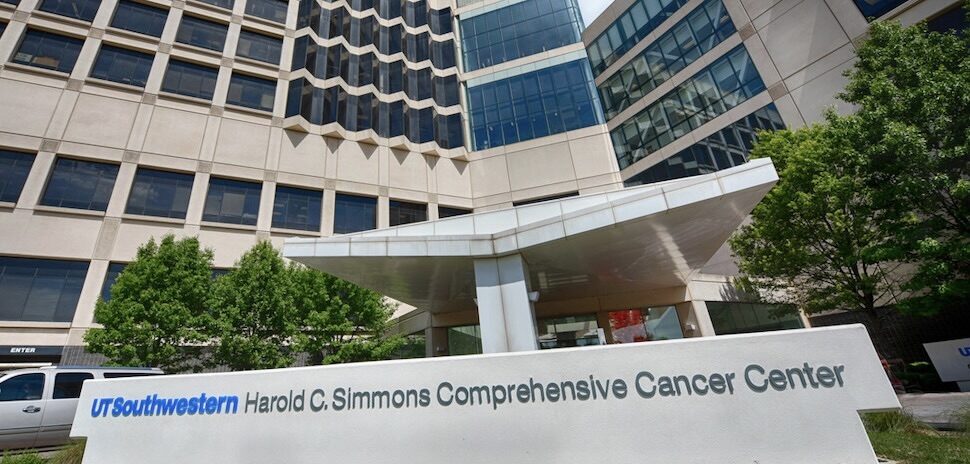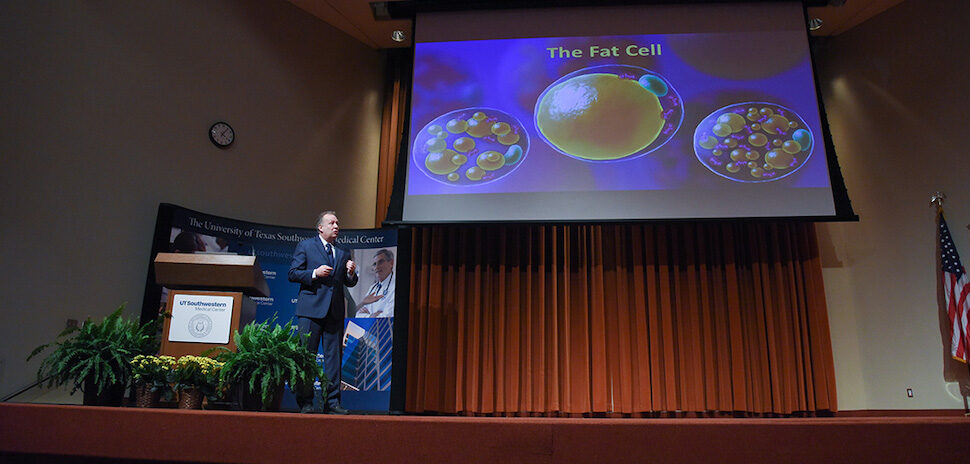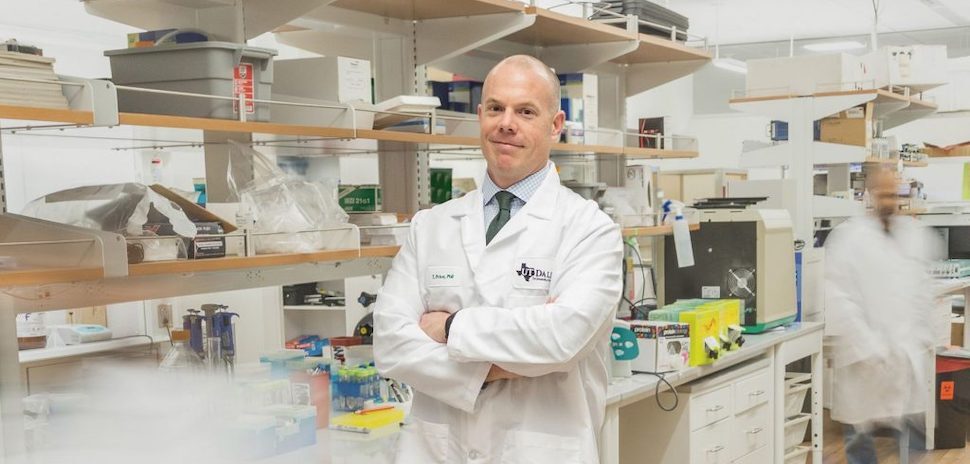Carlos L. Arteaga, M.D., director of the Harold C. Simmons Comprehensive Cancer Center and associate dean of oncology programs at UT Southwestern Medical Center, has been named a research scholar for Susan G. Komen, one of the world’s largest breast cancer organizations.
Arteaga, professor of internal medicine and the Lisa K. Simmons Distinguished Chair in Comprehensive Oncology at UT Southwestern, is one of nine new “Komen Scholars” who will join nearly 50 distinguished leaders in breast cancer research and advocacy, UT Southwestern said.
“The Komen Scholars bring their expertise and experience from laboratories, clinics, and as patients. They are incredible assets to the transformative work we’re doing at Komen to accelerate research at a time when there is a critical need to advance personalized medicine to help everyone impacted by breast cancer live longer, healthier lives,” Jennifer A. Pietenpol, Ph.D., chief scientific advisor at Susan G. Komen, said in a statement.
The group helps guide Komen’s research and scientific programs with a focus on advancing discoveries to improve breast cancer outcomes.
The Komen Scholars have expertise in areas including breast cancer biology, genomics, biomarkers, health disparities, therapeutics, clinical trials, and imaging. They lead Komen’s scientific peer-review process and act as ambassadors for Komen in the United States and around the world.
Arteaga is recognized internationally for his work in laboratory-based translational research and advancing the care of breast cancer patients. He has earned accolades from the American Cancer Society, the American Association for Cancer Research, Susan G. Komen, the Breast Cancer Research Foundation, and the American Society of Clinical Oncology.
Other new members named to the Komen Scholars group are: Myles Brown, M.D., Harvard Medical School/Dana-Farber Cancer Institute; Susan Domchek, M.D., University of Pennsylvania/Perelman School of Medicine; David Mankoff, M.D., Ph.D., University of Pennsylvania; Kathy Miller, M.D., Indiana University Melvin and Bren Simon Comprehensive Cancer Center; Harikrishna Nakshatri, B.V.Sc., Ph.D., Indiana University School of Medicine; Jeffrey Rosen, Ph.D., Baylor College of Medicine; Bryan Schneider, M.D., Indiana University School of Medicine; and Antonio Wolff, M.D., FACP, FASCO, Johns Hopkins University/Sidney Kimmel Comprehensive Cancer Center.
Simmons Cancer Center and UTSW
The Simmons Cancer Center is one of only 53 centers nationwide designated as a Comprehensive Cancer Center by the National Cancer Institute and the only one in North Texas.
In 2022, it was ranked 25th among hundreds of cancer centers in the nation by U.S. News & World Report. Simmons’ faculty members treat more than 9,000 new cancer patients a year, participate in more than 300 active clinical trials, and have more than $100 million in extramural cancer-focused research funding.
Arteaga has received research funding from Susan G. Komen and has served as an adviser for the organization.
UT Southwestern is one of the nation’s premier academic medical centers.
It integrates pioneering biomedical research with exceptional clinical care and education and its faculty has received six Nobel Prizes and includes 26 members of the National Academy of Sciences, 18 members of the National Academy of Medicine, and 14 Howard Hughes Medical Institute Investigators.
The full-time faculty of more than 2,900 is responsible for groundbreaking medical advances and is committed to translating science-driven research quickly to new clinical treatments, UT Southwestern said.
Its physicians provide care in more than 80 specialties to more than 100,000 hospitalized patients, more than 360,000 emergency room cases, and oversee nearly 4 million outpatient visits a year.
![]()
Get on the list.
Dallas Innovates, every day.
Sign up to keep your eye on what’s new and next in Dallas-Fort Worth, every day.


































































